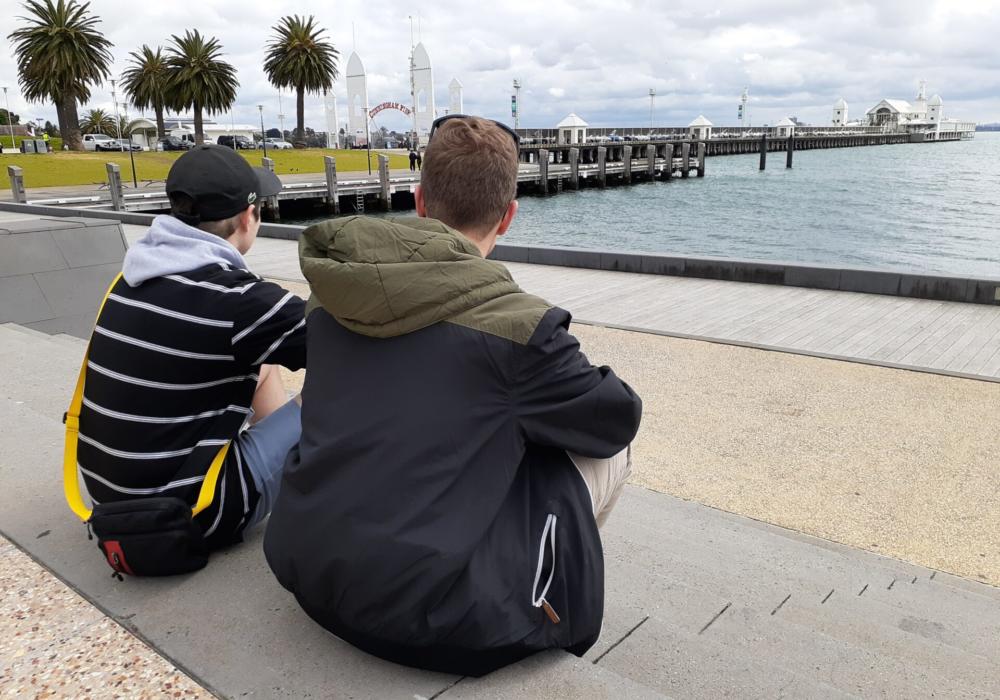Money Talks

Starting conversations about money in the G21 region
Money Talks was a collective response to building financial capability for vulnerable and marginalised populations in the G21 region. A partnership between the Give Where You Live Foundation and Geelong Community Foundation, Money Talks aims to increase understanding and use of available resources and assistance that can assist in building financial capability – for both the community sector and clients.
The project worked collaboratively with key emergency relief and financial counselling services in the region to better understand the triggers to financial stress/vulnerability, to map existing resources and to support projects which assist with increasing awareness and understanding.
This resource is now maintained by Financial Counselling Victoria and is intended for use by frontline workers. It is designed for staff across ALL community services with tips and resources that you can share directly with your clients and members of the community who may be doing it tough.
Money Talks
69.5% OF AUSTRALIAN ADULTS
ARE FACING SOME LEVEL OF FINANCIAL STRESS OR VULNERABILITY AND ONE IN TEN PEOPLE HAVE NO SAVINGS AT ALL. (WWW.NAB.COM.AU)
Initiative Research
Research undertaken through the project have found that people who are seen as particularly susceptible to financial vulnerability generally fall into one or more of the following four categories:
- Recipients of government benefits, in particular: people on pensions including Aged, Disability and Carer Support Pensions; job seeker.
- People who are in precarious employment: casual workers: people working “gig” jobs; people in the justice system; families on a single income.
- People who are in precarious family and social situations: single parents with poor or no work history; people impacted by domestic violence and sexual assault; people who are experiencing marriage breakdown; life threatening illnesses or bereavement; elders suffering pre-inheritance financial abuse.
- People of certain ages, in particular younger and older Australians: single women particularly noted with low or no superannuation or assets.
In addition to particular cohorts being identified as at risk of financial vulnerability, stakeholders identified an extensive list of factors that contribute to a person or family experiencing vulnerability. These factors include: sexual assault and family violence; enmeshed in poverty; inability to access and navigate complex systems; blindsided by unplanned, multiple large bills; manoeuvred (trapped) into debt; trauma; family debt; addictions; changes to the economic and social environment such as the severe and unexpected impact of the COVID19 pandemic.
